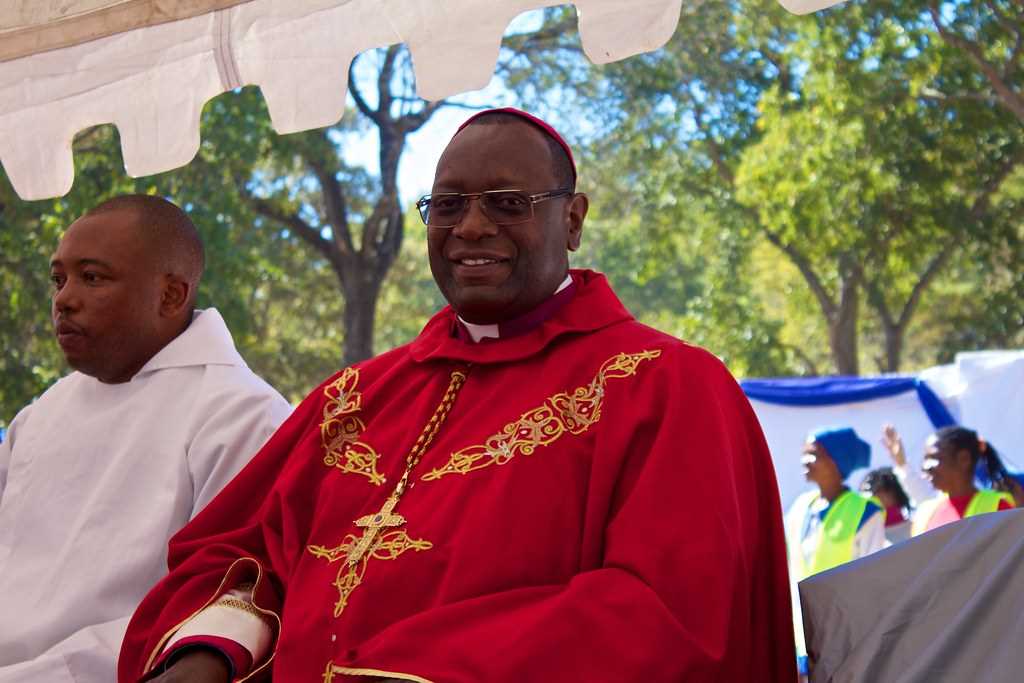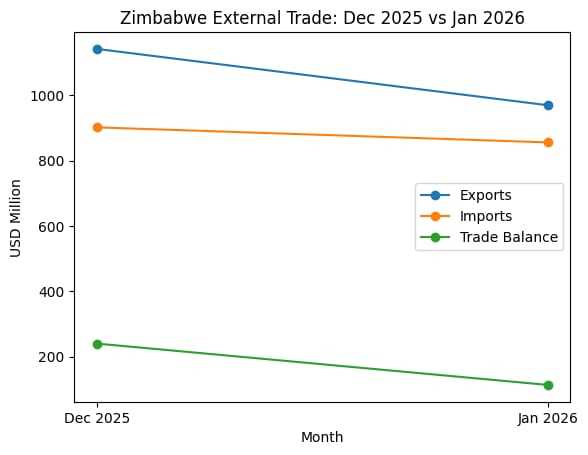
Rutendo Mazhindu
Zim Now Reporter
The Supreme Court of Zimbabwe has decisively upheld the enforcement of a United Kingdom divorce judgment, allowing Pauline Mutsa Makoni to retain ownership of properties awarded to her by an English court, including the couple’s matrimonial home in Harare.
This judgment overturns a controversial 2023 decision by the High Court of Zimbabwe that had rejected the registration and enforcement of the foreign order, citing it as contrary to Zimbabwean public policy.
Pauline Makoni had sought recognition of a divorce and financial settlement granted by the High Court of Justice (Family Division) in England in December 2014. Her former husband, Julius Tawona Makoni – a former CEO of NMB Bank and Anglican Bishop of Manicaland – had vehemently opposed the application. He argued that the English court’s order stripped him of his properties in Zimbabwe and rendered him “homeless,” claiming this outcome was inconsistent with local laws.
However, the Supreme Court firmly rejected this argument. In its unanimous ruling, the court declared that “the English Court applied equitable principles similar to those applicable in Zimbabwe,” and critically noted that the award was a direct consequence of Makoni’s failure to make full and frank disclosure of his assets during the UK proceedings.
The couple, who were married in Harare in 1983, had resided in both Zimbabwe and the United Kingdom during their marriage. They separated in 2010, with Pauline filing for divorce in the UK later that year. Following extensive legal proceedings – during which both parties were represented by “highly experienced specialist solicitors and barristers,” as per the judgment – the UK court issued a decree nisi in 2013 and a final decree absolute on December 18, 2014.
As part of the financial settlement, the English court awarded Pauline the London matrimonial home, the Harare home at 5 Rietfontein Close in Chisipite, and a stand in Chishawasha Hills. Julius Makoni was awarded other properties and offshore accounts, including his interest in the Cornerstone Trust and shares in NMBZ, which the court found he had attempted to conceal. The English court explicitly stated that Makoni’s failure to disclose his full financial interests justified the outcome, relying on English matrimonial law and the principle that “the court must be astute that a non-discloser should not be able to procure a result from his non-disclosure better than that which would be ordered if the truth were told.”
The Zimbabwean Supreme Court echoed this reasoning, stating that Makoni’s “material non-disclosure constitutes a lie. It is a wrong. Our courts do not reward the perpetrator of a wrong.”
Related Stories
Makoni had preemptively filed an application in the Zimbabwean High Court in 2015 seeking a declaration that the UK judgment was unenforceable in Zimbabwe – specifically objecting to the transfer of the Harare home. The High Court had sided with him in March 2023, finding that the English court lacked jurisdiction and that the award was “contrary to public policy” because it allegedly left him without a place to live.
However, the Supreme Court found these conclusions to be legally unsound and factually incorrect. "It was a gross misdirection for the court a quo to relate to [the issue of jurisdiction]," wrote Justice Samuel Kudya, who delivered the judgment. He highlighted that Makoni had not challenged the English court’s jurisdiction during the original proceedings and had even attempted to appeal the judgment there, an appeal that was later dismissed.
The Supreme Court held that the High Court had erred in entertaining the application for a declaratory order at all. "All that the respondent (Makoni) needed to do was to bide his time until the appellant (Pauline) lodged a recognition and enforcement application,” the Court stated, adding that “the effect of the application and the order granted by the court a quo is that the applicant accepted and the court a quo found that only the award of the Harare matrimonial home was contrary to public policy. The corollary… is that the remaining portions of the order were not contrary to public policy.”
Justice Kudya further emphasised that the UK court had thoroughly evaluated the property and financial holdings of both parties and found that Makoni stood to benefit more overall, despite his complaints. “The benefit that accrued to the appellant was just under US500,000,whilethebenefittotherespondentwasmuchhigher,”thecourtnoted.ItalsolistedextensiveassetsthatMakoniretainedorcontrolled,includingsharesinNMBZvaluedatoverUS1.3 million, properties in Zimbabwe and the UK, and offshore accounts with “hundreds of thousands of pounds.”
The Supreme Court’s order mandates the recognition and enforcement of the UK divorce order and directs Julius Tawona Makoni to sign all relevant documents to effect transfer of properties awarded to Pauline Mutsa Makoni within seven days. Failing this, the Sheriff is authorised to sign such documents. Makoni was also ordered to bear the costs of the transfers and the legal costs of both applications.
Legal experts believe this case sets a critical precedent in Zimbabwe for the recognition of foreign divorce judgments and financial orders, confirming that Zimbabwean courts will respect such rulings where the foreign court had jurisdiction and where the principles applied do not violate domestic public policy. The court concluded: “The English law is strikingly similar to our own. No injustice was therefore occasioned to the respondent by the application of English law.”
Advocate Thabani Mpofu represented Pauline Makoni, while Julius Makoni was represented by Prof Welshman Ncube and Advocate Lewis Uriri.




















Leave Comments